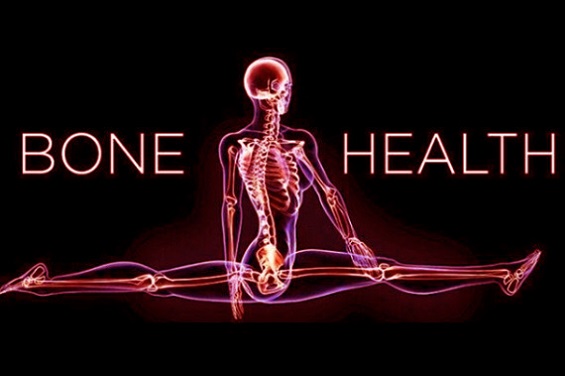Nikhil Prasad Fact checked by:Thailand Medical News Team Sep 03, 2025 5 months, 2 weeks, 6 days, 15 hours, 27 minutes ago
Medical News: As the world sees more cases of osteoporosis with aging populations, researchers have been studying whether supplements like L-arginine could help protect bones. A new study from Spanish and Dutch scientists has revealed surprising and concerning results. Conducted by researchers from the INCLIVA Biomedical Research Institute in Valencia, Erasmus MC in the Netherlands, the University of Valencia, and the Salus Vitae Women’s Health Clinical Centre, this
Medical News report shows that while L-arginine boosts bone-building activity in laboratory tests, it may actually worsen bone loss in living organisms.
 L-Arginine May Do More Harm Than Good When It Comes to Bone Health
What the Researchers Did
L-Arginine May Do More Harm Than Good When It Comes to Bone Health
What the Researchers Did
The team first tested L-arginine on human osteoblastic cells, the type of cells responsible for forming bone. After 21 days, these cells showed higher calcium deposits and increased activity of genes linked to bone formation. This looked very promising because calcium deposition is a clear marker of strong, healthy bone. However, when the supplement was tested in female mice that had undergone ovariectomy (a model that mimics postmenopausal osteoporosis), the outcome was startlingly different.
Troubling Findings in Mice
In the mouse experiments, animals were given L-arginine in their drinking water for six weeks. Rather than protecting the skeleton, the treatment led to significant deterioration of trabecular bone—the delicate, sponge-like structure inside bones that is most vulnerable to fractures. Measurements taken with advanced imaging showed lower bone density, fewer trabeculae (tiny supportive struts), and weaker bone connectivity. In simple terms, their bones became more fragile, not stronger.
Interestingly, blood tests revealed that while a marker of bone breakdown (CTx) decreased with L-arginine, there was no improvement in bone-building markers. This suggests the supplement may have slowed bone resorption but also hampered new bone formation, creating an overall negative effect.
Why the Mixed Results
The contradiction between laboratory cell studies and animal studies highlights the complexity of bone biology. In test tubes, cells may respond positively to L-arginine, but in whole organisms, multiple systems interact—hormones, metabolism, nitric oxide production, and even oxidative stress. Excess nitric oxide, which is produced from L-arginine, is known to disrupt bone balance by encouraging bone resorption. This could explain why the mice experienced bone loss despite the laboratory benefits.
Implications for Supplement Users
The findings are especially important because L-arginine supplements are widely available and often marketed for heart health, athletic performance, or even sexual health. Many people take them without prescriptions. This new evidence shows that for individuals at risk of osteoporosis—such as postmenopausal women—L-arginine might not only be unhelpful but potentially harmful.
&a
mp;nbsp;
The Bigger Picture and Next Steps
While the study was limited to mice and laboratory cells, it raises caution for human use. Nutritional supplements are often assumed safe, but their effects can differ depending on age, sex, and health conditions. The researchers emphasize that further large-scale studies are urgently needed before L-arginine can be recommended for bone health. Until then, doctors and patients should be aware that what seems like a simple supplement may carry hidden risks.
Conclusion
This study delivers an important warning: supplements that look promising in theory can sometimes have the opposite effect in practice. For osteoporosis prevention, proven approaches like proper calcium and vitamin D intake, weight-bearing exercise, and physician-guided treatment remain the safest bets. The story of L-arginine shows that bone health is influenced by complex interactions, and shortcuts may backfire. For now, caution is advised, especially for postmenopausal women.
The study findings were published in the peer reviewed International Journal of Molecular Sciences.
https://www.mdpi.com/1422-0067/26/17/8484
For the latest on bone health, keep on logging to Thailand
Medical News.
Read Also:
https://www.thailandmedical.news/news/new-concerns-about-bone-health-after-covid-19
https://www.thailandmedical.news/news/covid-19-weakens-bones-in-the-elderly-increasing-risk-of-fractures
https://www.thailandmedical.news/news/the-phytochemical-salidroside-from-rhodiola-rosea-shows-promise-for-bone-health
